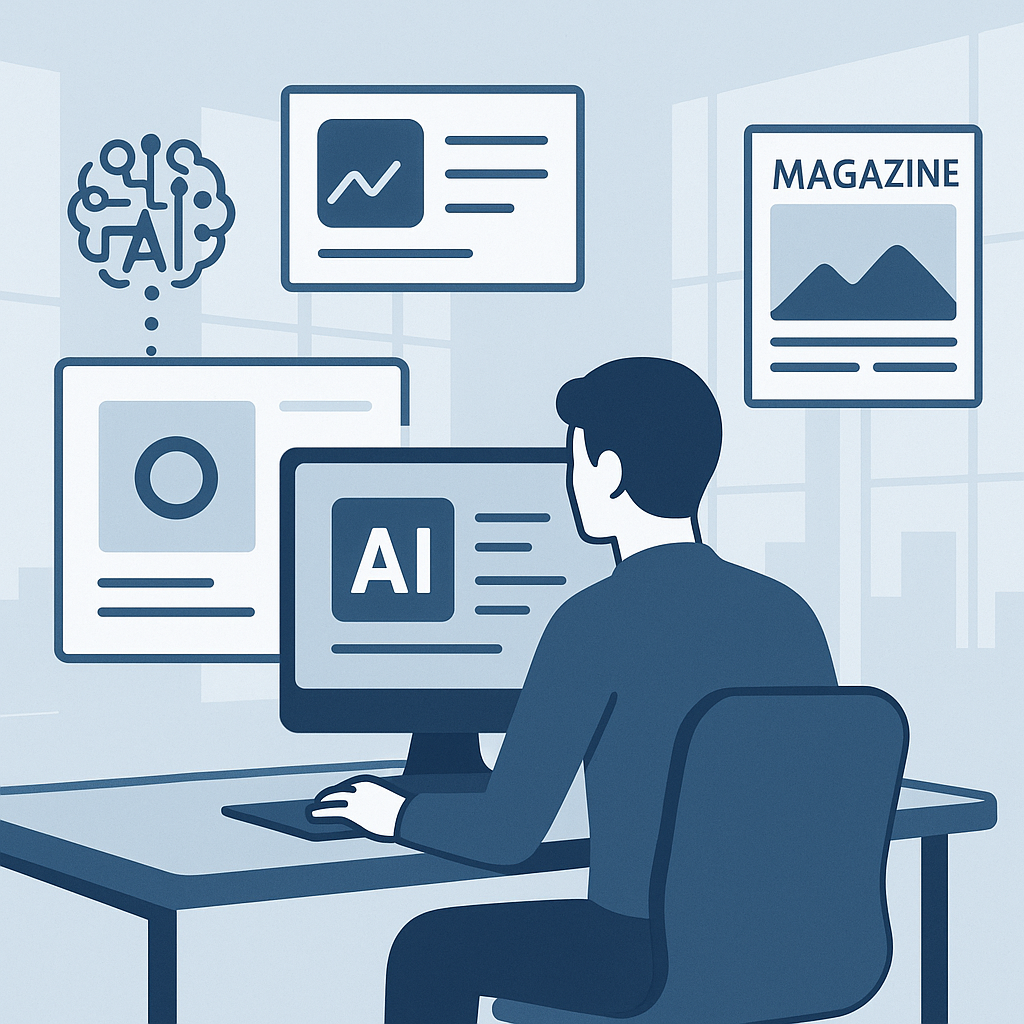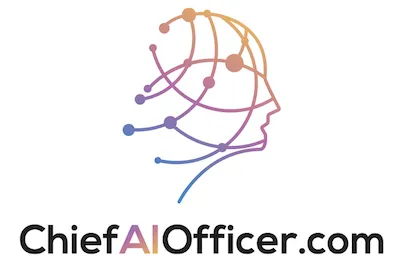
Unlocking the Power of AI in Branding with Mark DeGrasse
Unlocking the Power of AI in Branding: Insights from Mark De Grasse
What Branding Really Means (It's Not Just Logos)
One of the biggest misconceptions about branding is that it's just about your logo, fonts, and colors. Mark challenges this limited view:
"Branding is anything that you're recognized for. You should be recognized for every element of your business - your product, your services, your customer care, and of course, how you look."
Every interaction with a potential or existing customer either adds to or takes away from your brand. Without clearly defining these interactions, you're essentially telling people that you haven't taken the time to think about how your business should be presented to the world.
The Operational Value of Branding
Perhaps the most surprising insight from our conversation was how branding contributes to operational efficiency. Many business owners never consider this aspect.
When you have a clearly defined brand, you eliminate those time-wasting meetings where teams sit around a whiteboard trying to figure out how to approach a marketing campaign or event. Instead, your brand guidelines provide the framework for these decisions, making your operations infinitely more efficient.
"Instead of saying 'Hey, what should we do for this upcoming trade show?' and getting random input from everyone including interns, you already have defined parameters that guide these decisions," explains Mark.
How AI Changes Everything in Branding
Before AI, it was nearly impossible to take the vision of a founder and consistently apply it to all different elements of a business. You would need what Mark calls a "brand Nazi" to harass everyone into compliance - making sure every communication, every piece of content, and every customer interaction aligned with the brand.
AI changes this dynamic completely. With tools like custom GPTs, you can define your "brand pillars" once, and then feed that information into any AI platform to create content that consistently reflects your brand voice and values.
"Now you can apply your brand to every single process within your company. Instead of relying on employees to figure it out, they can refer to the AI that has all your brand data," explains Mark.
The Content Machine Approach
One of the most practical concepts Mark shared was the idea of "content machines" - systematic approaches to creating content that builds upon itself over time.
"What you need is a platform that you can constantly add to, and it'll just keep on building," he explains.
For example, planning a 30-episode podcast season around a specific subject matter creates a framework for consistent content creation. The key is commitment - most people quit after a month, but if you stick with it for a year, you'll be doing better than 99% of people in your space.
And with AI, the process becomes significantly faster. What used to take 100-200 hours can now be accomplished in 10-20 hours.
The Magazine Strategy
One fascinating strategy Mark shared was using AI to create magazines as a content platform. This might sound ambitious, but AI makes it surprisingly achievable.
"I made a magazine over a weekend just as a case study to see how fast I could make it happen with AI," Mark shared. By leveraging existing content and using AI for design and formatting, he created something that would have taken hundreds of hours in just a fraction of the time.
The magazine format offers several advantages:
It creates urgency with deadlines
It attracts contributors (people love writing for magazines more than blogs)
It serves as a curated experience for your audience
It can be repurposed into multiple content pieces
Own Your Content Platform
Mark emphasized the importance of owning your content platform rather than building entirely on social media:
"You only own the information that's on your website. A lot of people think they're building all this YouTube credit, but they could ban you tomorrow."
He recommends treating your website as "The Vault" - where all your content lives first, before being shared on other platforms. This protects your content assets and builds direct relationships with your audience that aren't dependent on third-party algorithms.
Getting Started with AI Branding
For those interested in exploring AI branding, Mark recommends starting with ChatGPT:
"I always tell people ChatGPT because it's 60% of the market. Everybody uses it, it's been the most consistent, and it's been around for a relatively long time."
The process of defining your brand with AI starts with your brand vision - which needs to be both ambitious and quantifiable. Instead of vague statements like "we want to be the best," a strong brand vision might be: "We're going to be certifying 20,000 marketers by the end of 2025, and they're going to be known as leaders within their industries."
FAQ About AI and Branding
How long does it take to see results from AI-powered branding efforts? According to Mark, you should expect about a year of consistent content creation before seeing significant results. While there are occasional "overnight successes," most businesses need to commit to the process long-term. The good news is that most competitors quit after just a month, so persistence gives you a significant advantage.
Do I need to be creative to develop a strong brand? Not at all! As Mark explains, you don't need to be creative - you just need to know your business and who you're trying to sell to. AI tools can help bridge the gap between your business knowledge and the creative execution needed for strong branding.
What's the first step in developing an AI-powered brand strategy? Start by defining your brand pillars, beginning with your vision. A strong brand vision needs to be both ambitious and quantifiable. Once you have your brand pillars defined, you can feed this information into AI tools to create consistent content across all platforms.
How can AI help with content creation for my brand? AI can help at every stage of content creation - from brainstorming ideas and outlining content to writing drafts, designing visuals, and even planning distribution strategies. The key is to feed your brand guidelines into the AI so all content maintains a consistent voice and message.
Is it better to focus on social media or my own website for content? Mark strongly recommends prioritizing your own website as "The Vault" for all your content. While social media platforms are important for distribution, they're essentially "competitors" that can change rules or ban accounts at any time. By owning your content platform, you maintain control of your brand assets.

